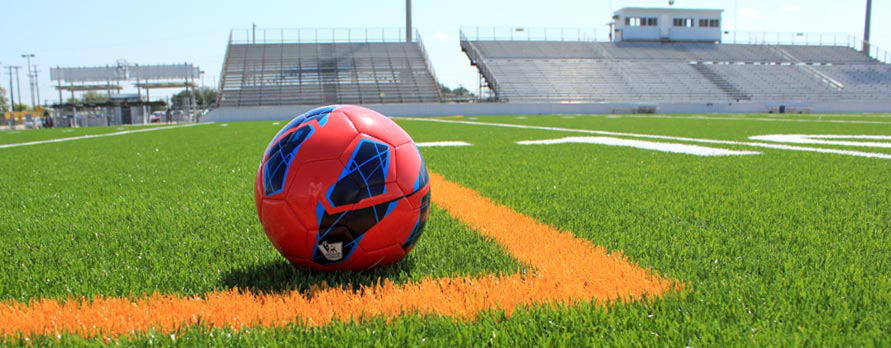Artificial turf is trusted by Germany and most of Europe.
Has anyone ever actually counted how many blades of grass there are on a football field? There are actually a number of people, of course, not one piece to count, but the use of modern high-tech methods. Detlef Kolbe, sales director at Reimotec Machinery Manufacturing in Lampedheim, Germany, can pinpoint the number of "blades" of grass on each artificial turf pitch used during the Women's World Cup in Canada to a mathematical number of about 800 million. How could he know with such precision? Because the company developed artificial turf production equipment and production technology has been used in the world women's soccer in Canada.
The biggest concern is the quality of artificial turf. But Detlev Kolbe makes it clear that for Reimotec, all the pros and cons are "out of date". "More and more sports arenas around the world are now using artificial turf than ever before. In Europe, more than 4,000 sports arenas used artificial turf in 2014.The dramatic increase in Numbers is also evident in the German region.
The climate of many countries does not actually permit the cultivation and maintenance of natural turf, for example, may be unable to use natural grass due to climatic conditions, or have to pay a great price to maintain the grass of the course for a short time. It is also important to note that artificial turf lasts about three times as long as natural turf, Even after intensive use, it can last at least 7 to 15 years, Artificial turf does not have to go through any regeneration stages. Until now, artificial turf has been increasingly used in football venues in Germany and other European countries.
The most obvious cost advantage is on the artificial turf side!" The annual reports of Bundesliga clubs, for example, suggest that natural turf costs around €1m a year to maintain, while artificial turf costs around €500,000.Not only is this an economic book, but it also largely points the way forward for international events on grass. In addition to the new volume scale, the field is moving towards continuous improvement, with more "near-natural" turf to be produced in the future. Many companies, such as market leader Reimotec, are well positioned for the future of artificial turf. "Our technology will get better and better and more sophisticated and more in line with athletes' experiences and expectations," Detlev Kolbe said. We have a clear aim to develop technology in this area, as our international partners, who purchase equipment from us to produce artificial turf fibers, are also making steady progress and are facing great challenges. “We want to be at the forefront of the progress.” Germany coach Joachim Loew, for one, is unequivocal in his support for artificial turf, which he believes can give an obvious advantage to players with more technical experience.
